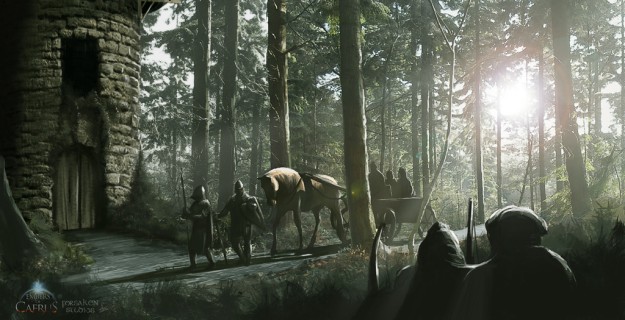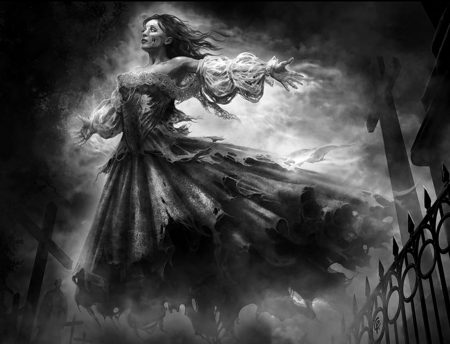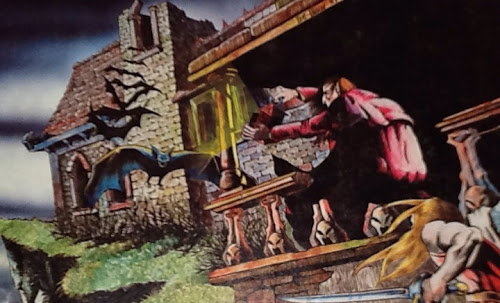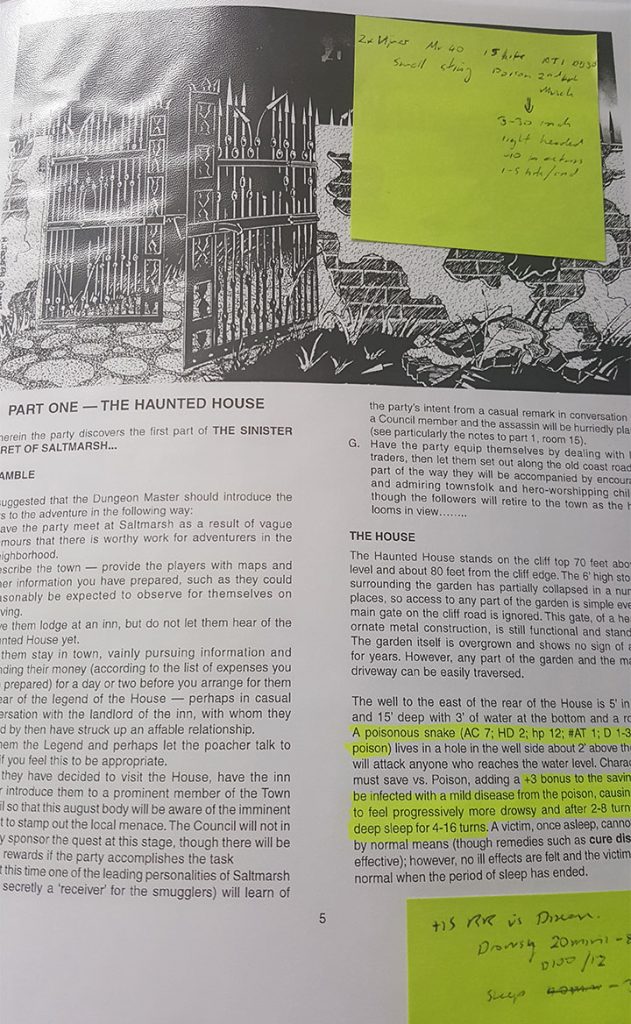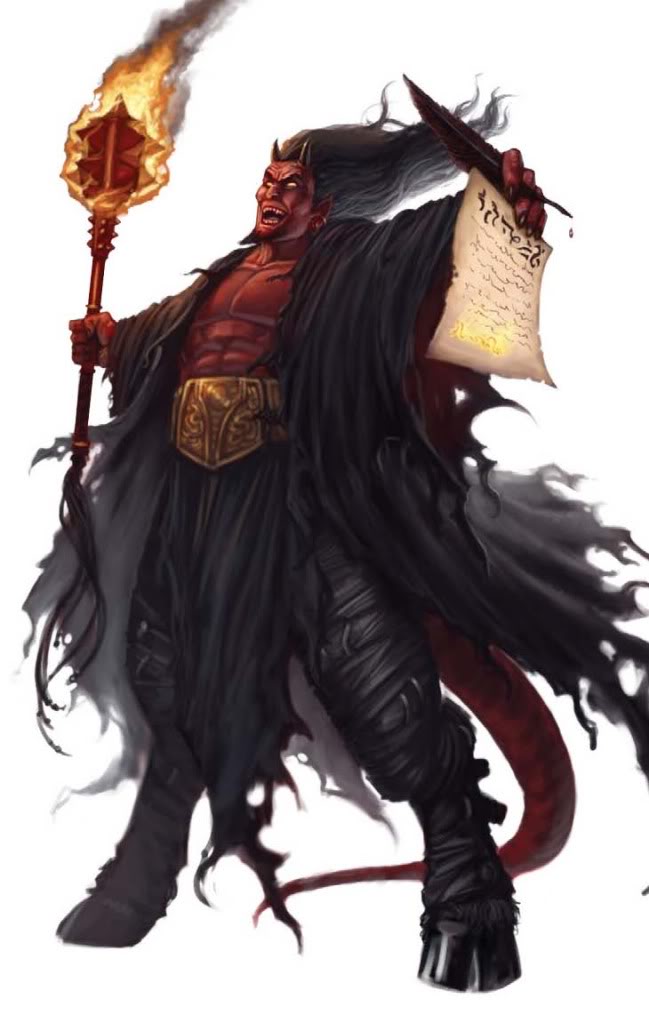Jordan Tate: You’re not a cook.
Casey Ryback: Yeah, well… I also cook
I have had a handful of email conversations going on with other RM players about our “No Profession” ruleset and one of the first assumptions that people make is that our PC’s (or NPC’s) are just called “No Profession” or “Layman” or really nothing at all.
As I have discussed in other Rolemaster Forum postings, Professions/Classes do act as a short-hand to summarize a characters skill-sets, aptitudes and general abilities. In that regard, eliminating Professions does create some problems or more work when creating NPC’s. Since we’ve thrown away Professions, we’ve generally thrown away the working template for quickly creating NPC’s and assigning skill abilities.
However, while we’ve thrown away the profession mechanism, we haven’t discarded the professional names. In our rule-set “Professions” are more tags—driven by 2 factors: the skill sets developed by the player and/or the social conventions of the setting. For instance, a player that develops the majority of their skills in armor & weapons will still call themselves fighters. As a counter-example, in RM a PC that chooses the Fighter profession but chooses to dedicate all of their DP’s into thieving/subterfuge is still called a “Fighter”. From a societal/setting standpoint a Fighter may be called a “Warrior”, “knight”, “Barbarian”, “Janissary”, “Armsman” etc. This is no different than a lawyer in our world; some societies call them barristers, counselors or consults. Players can build their character and apply any name/descriptor they want, or based on their background/training or organization ties might be assigned a professional name/tag.
In Shadow World there is already some gray areas around professions using the RM2 rule-set. Navigators and Loremasters could be considered stand-alone Professions, each with their own Base Lists, but in actuality are assigned standard professions giving them 2 sets of Base Lists. Issues around the Unlife, access to evil spells, hybrid magic, power point sources/pools, further complicate things. (this topic was discussed in my blog post about the “gap” between rule sets and dedicated settings).
Our transition to “No Profession” was gradual. First, like many others, we kept designing new professions (with associated spell lists) to meet player wants and needs or to fit into a particular setting. Basically the “RM Companion” approach. At a certain point we realized that small skill cost differentiators meant very, very little past the first few levels and became meaningless at higher levels when skill rank bonuses were minimized. In an effort to maintain “balance” we moved to a archetype template: Non, Pure, Semi but still keeping Realm assignments. (A Pure Essence archetype could pick between elemental spells, illusion spells etc and label themselves a “Mage”, “Illusionist” or whatever fit their character image or setting. After we tried that we realized we had one foot in the old ways and one foot into a better, flexible approach. I realized that using skill costs and other “free market” approaches, character generation would be a process of choices and opportunity costs that would enforce character balance without the need for lots of rules or arbitrary skill cost assignments. (Rules for Rules) Characters can’t be great fighters and great magic users—the fall somewhere in the middle (ie Semi).
So, in short, our campaign and rules have ALL the professions, not NONE of them. A character that focuses on farming skills is a farmer. A character that focuses on the Fire Law magic is a FireMage, Wizard, Mage, Elementalist etc. A character that develops subterfuge and poison might call themselves an assassin or a nightblade. A member of the Loremasters is a Loremaster. A cleric of Z’taar is a Battle-Priest. A character with certain mentalism spells in Itanis is called a Warlock.
It’s not for everyone, but it works for us.

